Jamie Morin, the executive director of the Center for Space Policy and Strategy at The Aerospace Corporation, has laid out guidelines for managing space traffic in the latest issue of the journal Nature.
We know that there are over half a million pieces of debris orbiting the Earth, 20,000 of which are larger than a softball and 20,000 of which are artificial objects such as satellites and other space “junk.” New radar operated by the U.S. Air Force will likely reveal even more, all of which pose a potential collision danger to the ISS and future spacecraft.
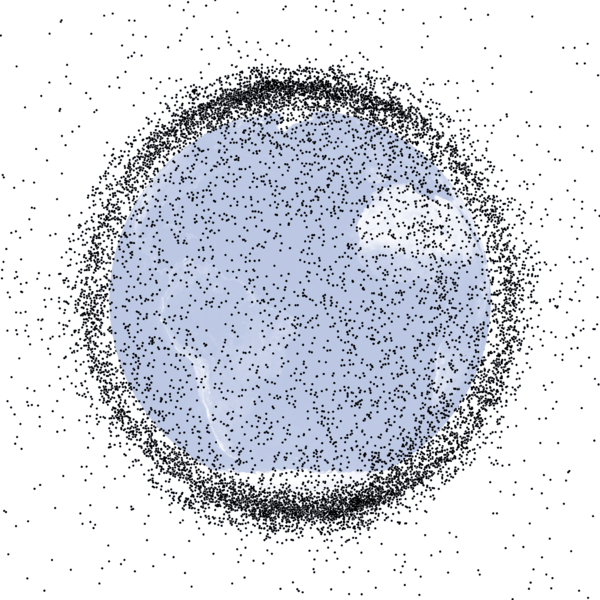
According to Morin, the U.S. is seeking to lead global efforts to manage the problem and develop policies to manage its own satellites. However, the problem is one that requires global cooperation, especially as more countries enter the new “space race.” Since no global guidelines exist for coordinating spacecraft or managing space, any country has a right to launch what they want into orbit without interference.
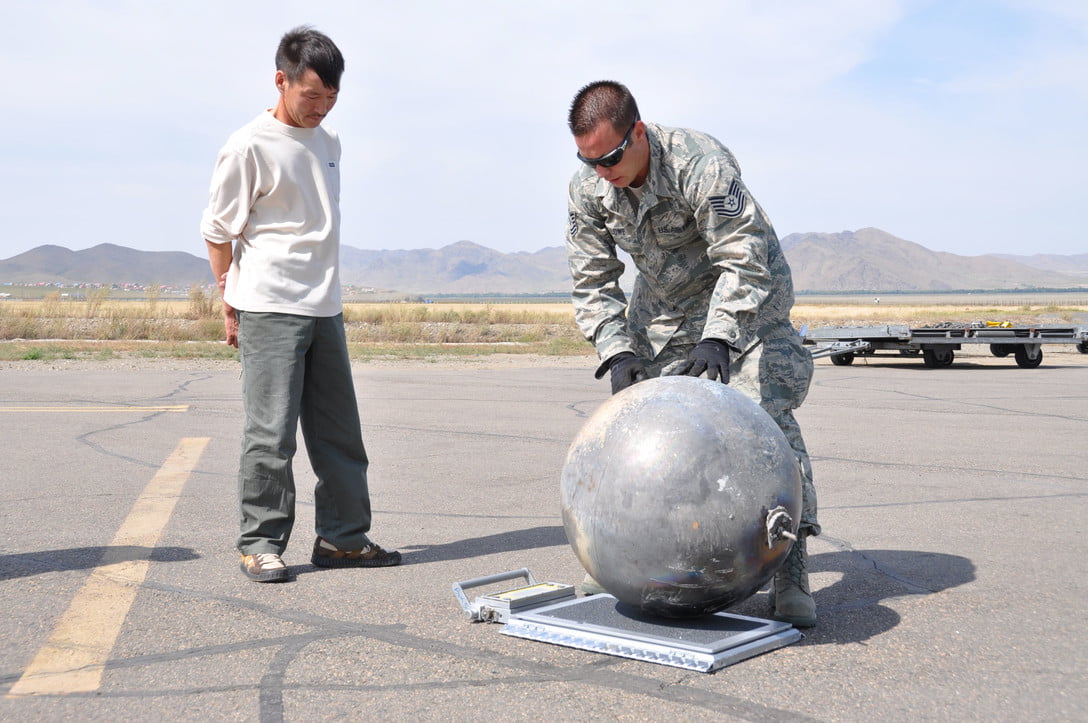
An ideal system for Morin would be one in which “Satellite operators would share information and receive status reports and collision alerts” and where “companies would develop and sell services and apps based on the data.” The international system would be much like the one we have for managing aviation, including communications and safety standards.
One major problem that stands in the way, however, especially when it comes to satellites, is that much of the data on their locations is kept private by commercial entities or governments, including our own. And if no one lays claim to an old satellite, no one can be held responsible for the debris it creates.
Nevertheless, Morin outlines 4 elements for a global management system for space traffic to make Earth’s orbit safer. They include:
Improved tracking
Only a few dozen sites worldwide track the tens of thousands of objects floating around space. On top of that, these objects’ size and speed make them hard to track reliably. While the U.S. military publishes data on objects that are larger than 10 centimeters, these account for only about 3.6% of the total debris.
Morin says that “Placing a greater number of improved sensors in more locations around the globe would increase the frequency and sensitivity of measurements.” Satellites with onboard sensors to detect debris or transponders designed to transmit the position of the satellites themselves would help keep track of what’s in space, what might be about to come down, and reduce collisions as well as false collision alarms.
Of course, this would require global data sharing, and the geopolitical roadblocks are noted. Even if the U.S. designed a system to manage space traffic alone, it’s unlikely that all other countries would want to rely on it for data.
Prediction and identification
We also need a reliable system to forecast collisions, considering how disruptive maneuvering a satellite or spacecraft around debris might be, not to mention the extra fuel cost.
In addition, ownership of satellites must be established. Under the UN Convention on Registration of Objects Launched into Outer Space, governments are theoretically obligated to record new space objects, but it takes time and is not always accurate since some satellites carry smaller ones inside of them.
Currently, the U.S. Air Force is the primary source of data on reporting potential collisions, but it will be necessary to develop collaborations with private companies as well, especially as they are increasingly responsible for new spacecraft and satellites. Tracking will also need to be improved so it can be available at all times and handle conflicting information from various sources.
Standards and norms
Morin asserts that we must establish international norms and standards for data-sharing protocols, operating objects in orbit, and assessing debris. This is another area in which the U.S. will need to consult with private space companies and international partners in the hopes of establishing a global body.
Morin believes that “Voluntary standards and economic incentives for compliance would be a good first step” towards establishing norms and regulations and notes that the World Economic Forum is currently seeking proposals for a Space Sustainability Rating system.
Of course, with both companies and other governments, we will face the task of how to handle private and protected information.
Reduce space debris
Of course, the most cost-effective way to manage this issue will be to attempt to reduce space debris. There are rules about retrieving old satellites right now, but these will need to be enforced and the technology will need to evolve in order to make it a more realistic task. However, this will be an important step as some satellites contain hazardous materials that can cause explosions.
Companies and space agencies are currently creating everything from nets to harpoons to try to collect space debris, but the process is complicated, particularly because any collection object we built will have to get close to the fast-moving debris and maintain the same speed as the object. Even then, there are explosion risks, concerns about who has the right to collect the debris, and how to get it safely back to Earth.
Also read: British engineers impale space debris with a giant harpoon
While the U.S. Federal Communications Commission has announced that it will update its rules on debris mitigation, Morin notes that we must also encourage other countries to create or enhance their own rules.
In the end, Morin hopes that the U.S. will lead by example:
“The federal government has plans to move space-tracking data from the military to a civil agency. This could increase international public trust and willingness to share data, and could improve space safety.”
But this will still require relationship-building “across US government agencies, between the public and private sectors, and between space-capable countries.”
But the task, however ambitious, is a necessary one. Without an agreed-upon way to identify, track, eliminate, and mitigate space debris, we can expect to see collisions become an issue in the future, damaging millions of dollars (at minimum) of equipment and putting lives at risk.

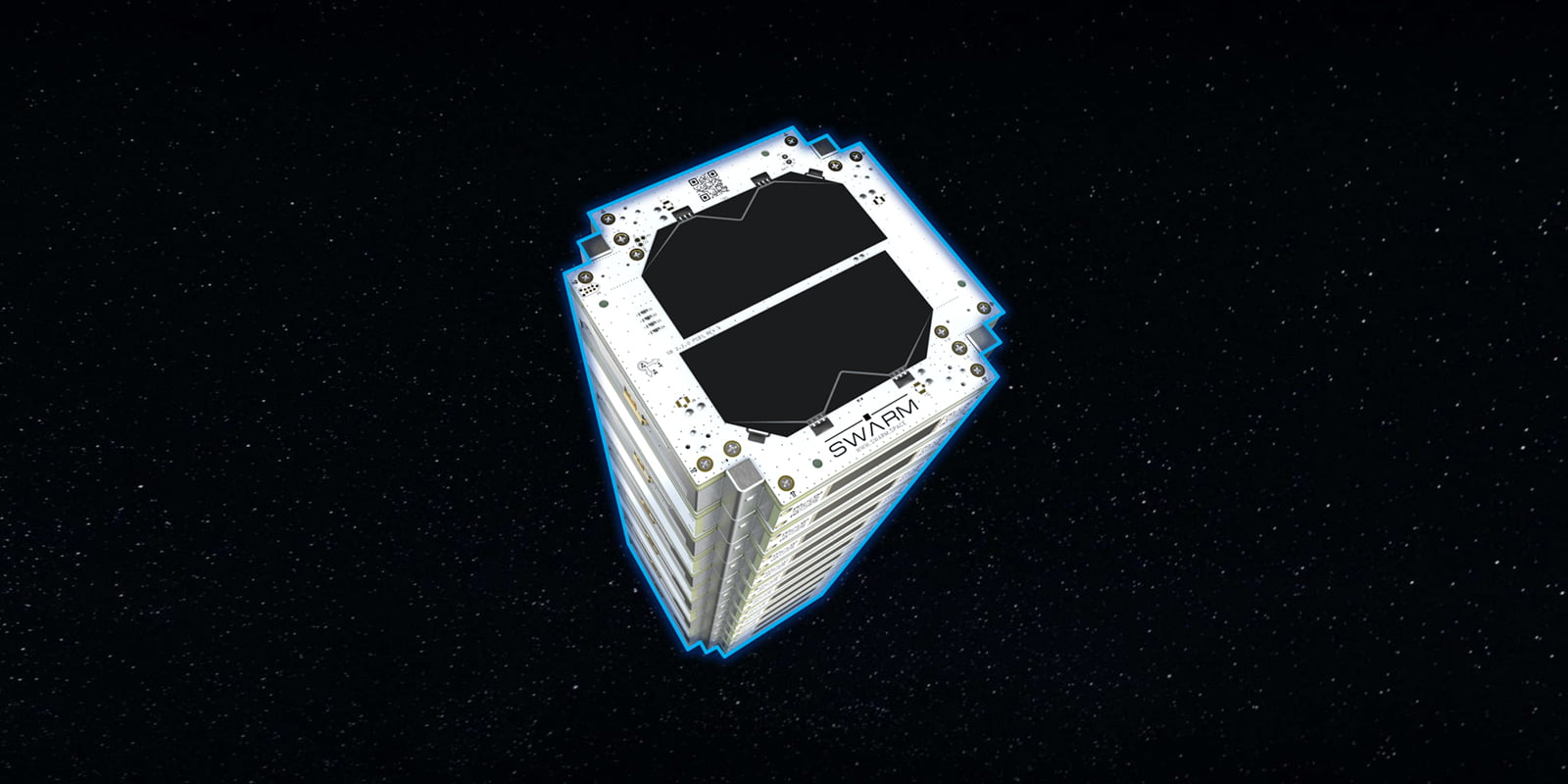
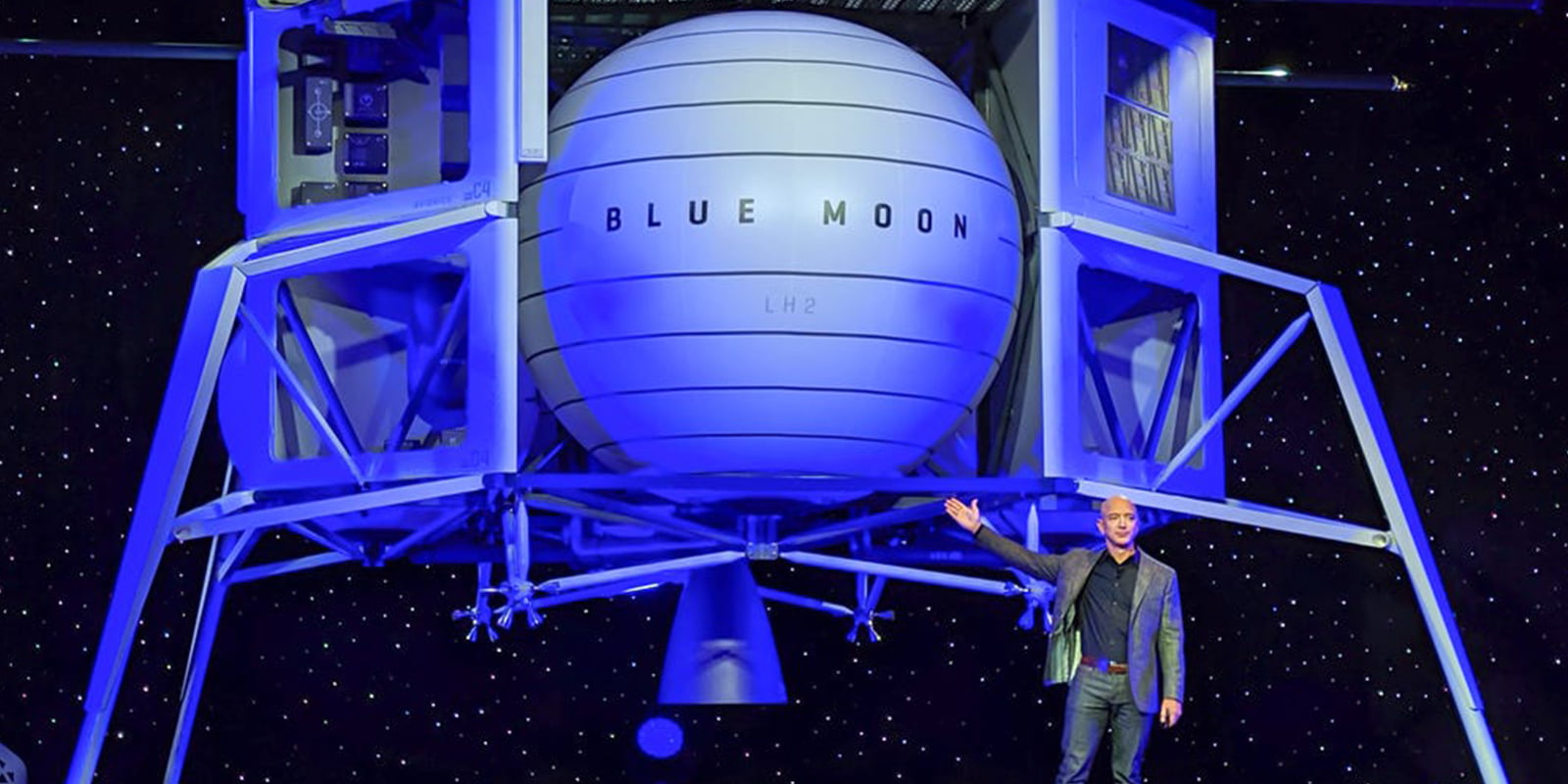
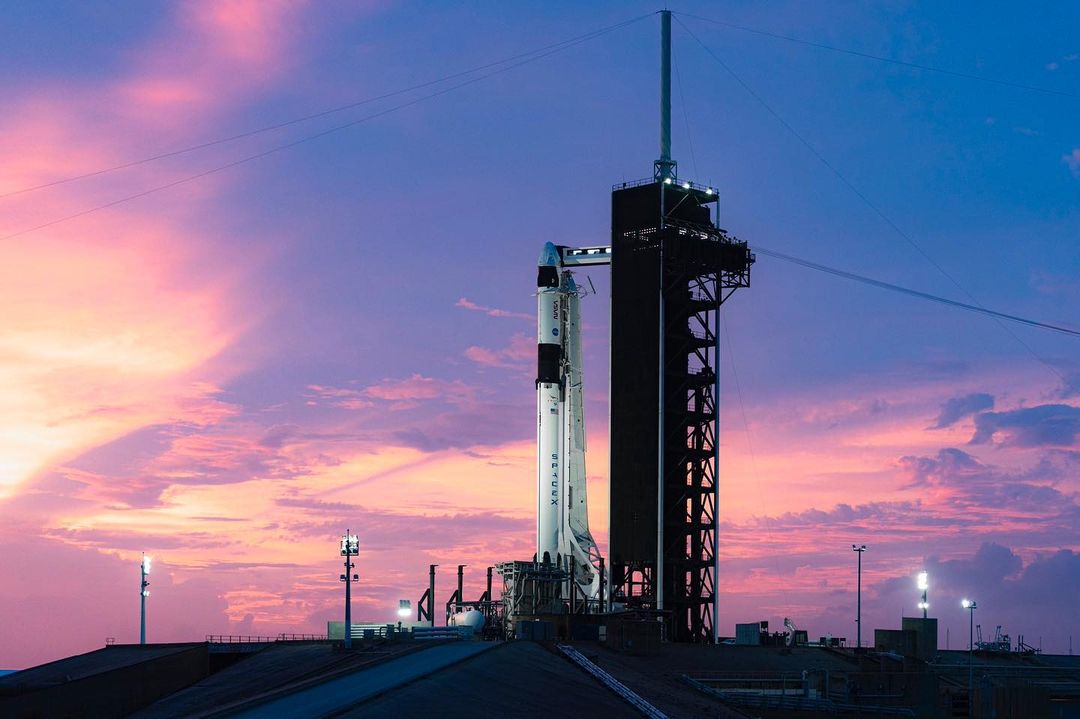
Share Your Thoughts